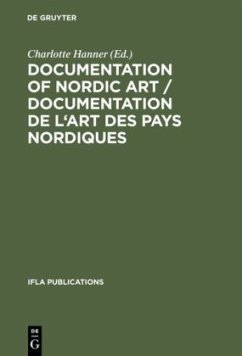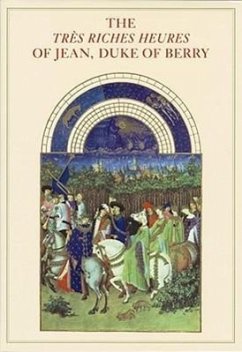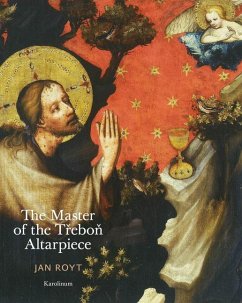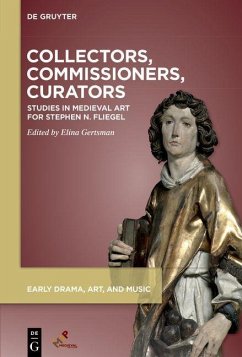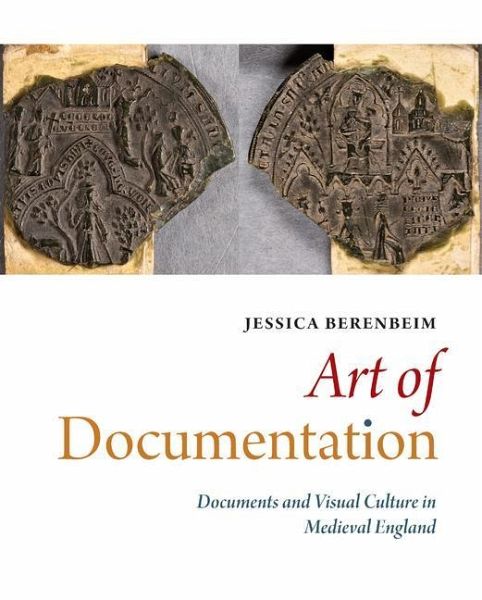
Art of Documentation
Documents and Visual Culture in Medieval England
Versandkostenfrei!
Nicht lieferbar
The later Middle Ages was a time of profound connection between the spheres of bureaucracy and art. By discussing the two together, this book argues that art-historical methods offer an important contribution to diplomatics, and that works of art are important sources for the cultural reception of documentary practices. Documents are also an important model for representation, and an understanding of the paradigmatic role of the document suggests alternative dimensions to the interpretation of late-medieval art. Ultimately, the ways documents appeared, functioned, and were perceived have impli...
The later Middle Ages was a time of profound connection between the spheres of bureaucracy and art. By discussing the two together, this book argues that art-historical methods offer an important contribution to diplomatics, and that works of art are important sources for the cultural reception of documentary practices. Documents are also an important model for representation, and an understanding of the paradigmatic role of the document suggests alternative dimensions to the interpretation of late-medieval art. Ultimately, the ways documents appeared, functioned, and were perceived have implications for objects of all kinds. The discourses of documentation suggested an essential and consequential connection between objects and events: documents offered a powerful and widely disseminated model for how ephemeral actions and relationships could find enduring material form. With the broad diffusion of administrative records, this idea came to manifest itself in other forms of visual culture. Medieval monks inventoried documents alongside the contents of their treasuries, set them on the altar, and wrote about fantastical charters of gold. Documents can still be a person's - or a nation's - most treasured possessions. As powerful objects of veneration and instruments of control, they connect medieval society and our own, testing modern perceptions of the Middle Ages as an entirely lost world.




